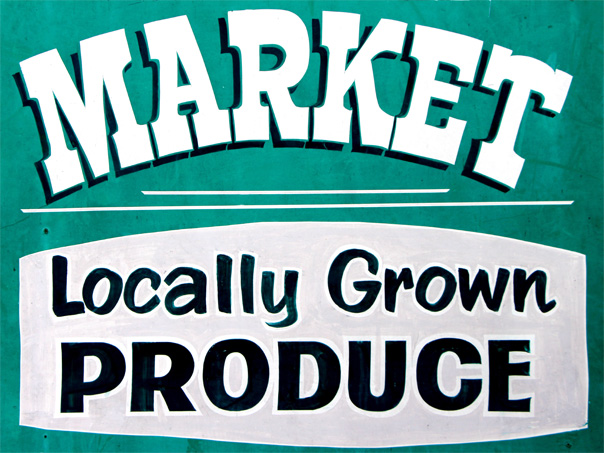This article was contributed by Debbie M., MS, RD —
If you are a vegan, or considering converting to a vegan diet, this is likely a question of concern for you. After all, consuming adequate protein when you eliminate all animal sources can seem a bit tricky. The truth is, however, that it’s easy to meet your protein requirements—with sufficient essential amino acids—if your calorie needs are met with a variety of legumes, grains, nuts, seeds and vegetables throughout the day! That being said, it is when you are trying to lose weight and in a calorie deficit that it becomes essential to rely on these food groups in order to get a sufficient amount of quality protein within your limited caloric intake.
Getting Enough Protein
According to the Vegetarian Resource Group, “Since vegans eat a variety of plant protein sources, somewhere between 0.8 and 1 gram of protein per kilogram would be a protein recommendation for vegan; [equating to] 10-12% of calories [coming] from protein.” Their recommendation takes into account the slight reduction in protein availability and digestibility associated with plant sources versus animal based sources.
When it comes to increasing muscle mass, vegan or not, the same rule-of-thumb applies. You need to increase your protein intake from 0.8 to 1 gram of protein to 1.2 grams of protein per kilogram of your body weight.
High Quality Protein
A protein source is considered to be high quality if it has large amounts of the essential amino acids. Is it possible to get all the essential amino acids from only plant foods? Yes! Only nine of the 20 amino acids required by humans need to be obtained from your diet. Though, some plant foods may be low in one or two of these, conscientious vegetarians generally eat a variety of beans, nuts and seeds for the bulk of their protein volume. Combined with grains and vegetables throughout the day, this is adequate for consuming all of your essential amino acids.
Top vegan sources of protein:
(Ranked highest to lowest per normal serving in each group)
| Legumes | Nuts | Seeds |
| Tempeh | Peanut butter | Sunflower |
| Seitan | Peanuts | Pumpkin |
| Soybeans | Almond butter | Chia |
| Lentils | Almonds | Hemp |
| Black beans | Pistachios | Flax |
| Chickpeas | Pine nuts | Sesame |
| Pinto beans | Walnuts | |
| Black-eyed peas | Brazil nuts | |
| Tofu, firm | Hazelnuts | |
| Lima beans | Cashews | |
| Tofu, regular | Chestnuts | |
| Peas | Pecans | |
| Seitan | Macadamias | |
| Soybeans |
Secondary proteins for vegans:
(Ranked highest to lowest per normal serving in each group)
| Grains (+ products): | Vegetables: |
| Triticale | Corn |
| Oats | Potato |
| Wheat | Collard greens |
| Rye | Kohlrabi |
| Bagel | Kale |
| Quinoa | Broccoli |
| Spelt | Brussel sprouts |
| Pasta, regular | Swiss chard |
| Bulgur | Artichoke |
| Kamut | Spinach |
| Wild rice | String beans |
| Millet | Carrots |
| Amaranth | Rutabega |
| Whole wheat bread | Squash |
| Teff | |
| Brown rice | |
| Barley |
Sample Menu
Here is an example of foods that equate to a 2000 calorie day and provide approximately 77 grams of protein. This equals 15% of the calories coming from protein.
1 Cup Kashi cereal, 1 Cup soy milk, 2 Tbsps. pecans, 1 banana, ½ Cup hummus, 2 Cups crudités, an almond butter & jelly sandwich on wheat bread, 2 Cups spinach salad w/ ¼ Cup cannellini beans and 2 Tbsps. of dressing, 1 apple, veggie burger w/ non-dairy cheese on bun, 1 Cup sorbet.
If you’re a vegan you can get the protein you need if you plan ahead and maintain a balanced and varied diet. Specialty stores and foods are not required; you can do it with regular foods from the grocery store. It turns out that in plant-based diets, protein volume is only an issue when calorie needs aren’t met. So a well-planned vegan diet is essential. As a matter of fact, The Academy of Nutrition and Dietetics says, “Well-planned vegetarian diets are completely healthful and nutritionally adequate for people throughout all stages of life.”
For more great TOP TIPS be sure to come back every week and follow LIVING HEALTHY. To learn how, CLICK HERE.
Do you have a question about your diet or nutrition?
Do you need help knowing what you should be eating for your health, fitness or weight loss goals?
The answers are here, and YOU can ask our dietitian your food and diet related questions.
ASK OUR DIETITIAN is the newest addition to LIVING HEALTHY and it is COMING SOON!


Great article with good information!
I’m a vegan and the info I already knew, but its nice to see it posted.
does soy affect sterility?